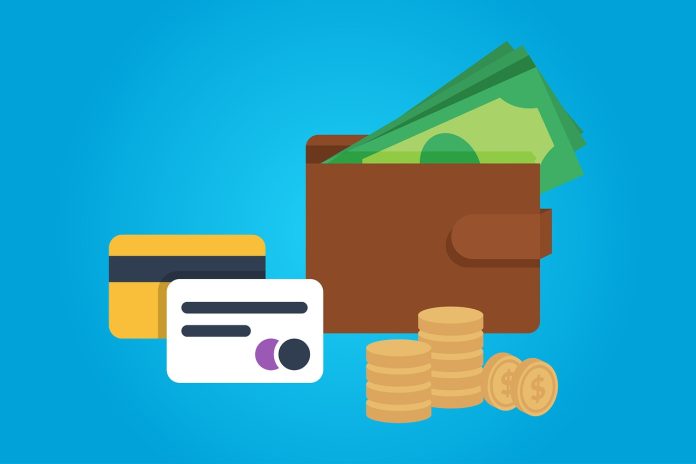When you’re considering a loan, there are a lot of things to think about. How much money do you need? What’s the interest rate? How long will it take you to pay it back? These are all important questions that you should answer before taking out a loan. In this blog post, we’ll give you a step-by-step guide on what to do before you get a loan. So, if you’re thinking about borrowing money, read on!
Assistance in finding the best conditions
Everyone has different needs, and MyFin can help you find the loan that’s best for you. MyFin offers different types of loans, including personal loans, business loans, and home equity loans. This site also offers competitive interest rates and flexible repayment plans. It’s designed to help you find the loan that’s right for you.
Credit score
A credit score is a number that represents your creditworthiness. It is based on your credit history, which is a record of your borrowing and repayment activity. The higher your score, the more likely you are to qualify for loans and other forms of credit. Your credit history is important because it shows lenders how you have handled debt in the past. If you have a good credit history, lenders will be more likely to approve you for a loan, but if you have a bad credit history, they may be less likely to approve you or they may charge you a higher interest rate. You can improve your credit score by paying your bills on time, maintaining a good credit history, and using less than 30% of your available credit limit.
Income and Monthly Debt Payments
Loan payments can often be a big drain on your monthly income. It’s important to remember, though, that there are ways to lower your payments and make them more manageable. One way to do this is to extend the term of your loan. This will lower your monthly payments, but it will also increase the amount of interest you pay over the life of the loan. Another option is to refinance your loan. This can help you get a lower interest rate, which will in turn lower your monthly payments. Finally, you may be able to negotiate with your lender for a lower monthly payment. If you have a good reason for needing a lower payment, such as a loss of income, they may be willing to work with you. Whatever option you choose, it’s important to remember that there are ways to lower your monthly loan payments.
Assets and Additional Applicants
You may want to consider adding additional applicants to your loan if you have strong credit but limited assets. This will give the lender confidence that you’re able to repay the loan and reduce the risk that they’ll lose money if you default. Adding an co-borrower who has their own income and assets can also help you qualify for a larger loan amount. Keep in mind, however, that the more people you add to your loan, the greater the risk of default. If you’re not sure whether or not adding an additional applicant is right for you, be sure to speak with your lender about all of your options.
Before you make your final decision, it’s important to do some research on the lender. Make sure that they are reputable and trustworthy. Check out their website, read customer reviews, and find out as much information as you can about them. This will help you make an informed decision about the loan.
Conclusion
Taking out a loan can be a great way to finance your dreams, but it’s important to make sure that you’re prepared. Before you apply for a loan, be sure to check your credit score and review your income and assets. You may also want to consider adding additional applicants or extending the term of the loan in order to lower your monthly payments. Once you’ve done your research and are ready to apply, be sure to shop around for the best interest rate and repayment terms before signing on the dotted line. By following these tips, you should be well-prepared when you take out a loan. With a little bit of preparation, you can make sure that your loan will help you achieve your financial goals.
Good luck!



 Bitcoin
Bitcoin  Ethereum
Ethereum  Tether
Tether  XRP
XRP  Solana
Solana  USDC
USDC  TRON
TRON  Cardano
Cardano  Lido Staked Ether
Lido Staked Ether  Avalanche
Avalanche  Toncoin
Toncoin